The recent floods in Punjab have caused unprecedented devastation, leaving behind a trail of destruction that has shaken not only the state but also the entire nation. Amid Punjab’s devastating floods, the Muslim community has stepped forward with compassion, extending relief and solidarity to affected families, proving that humanity and brotherhood rise above faith and borders in times of crisis.
Torrential rains submerged vast stretches of land, sweeping away homes, farmlands, livestock, and livelihoods. Families who once lived securely in villages were reduced to temporary shelters, cut off from resources and hope. Punjab, known as the breadbasket of India, has always been at the forefront of nurturing the country’s food supply. Ironically, the very fields that fed millions were swallowed by floodwaters, turning prosperity into panic overnight.
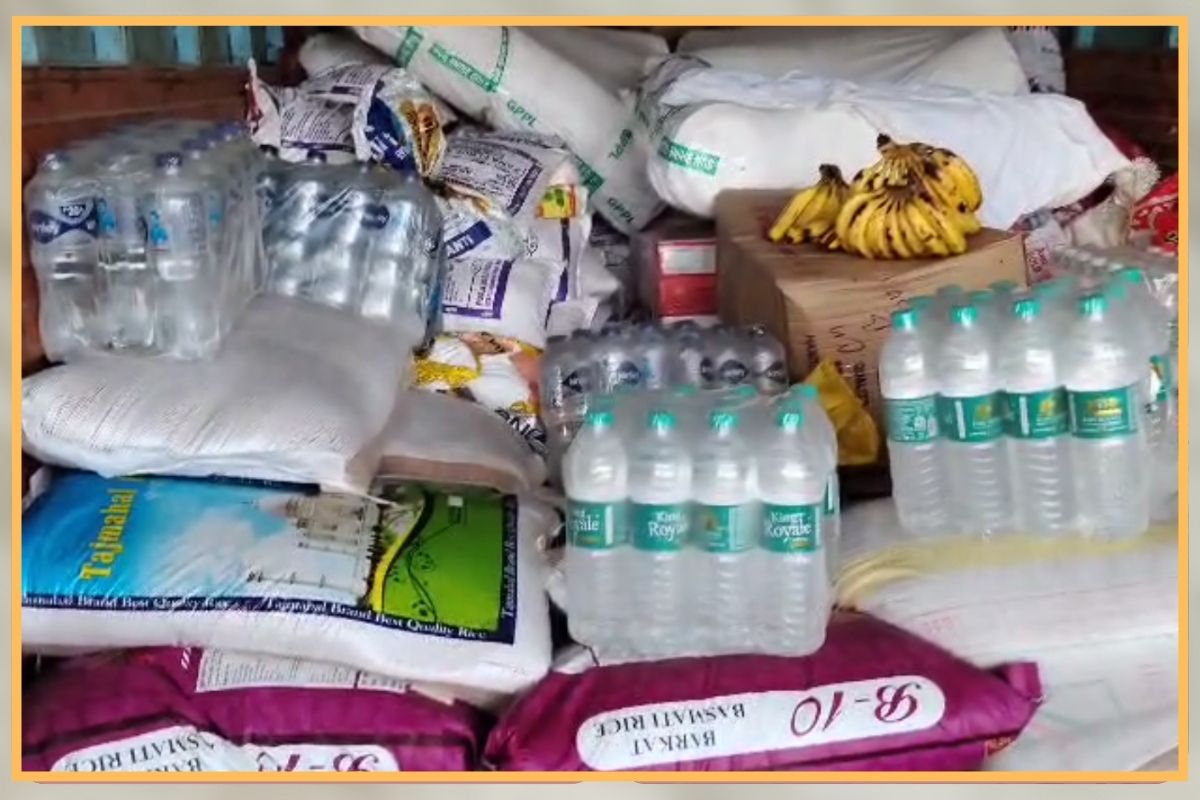
In the wake of this misery, what has stood out most is not the magnitude of the disaster but the magnitude of humanity it has inspired. From different corners of India, communities, organisations, and ordinary citizens have risen with empathy to share Punjab’s pain. Among them, the efforts of the Anjumam Islamia Committee of Nahan in Himachal Pradesh and the villagers of Muzaffarnagar in Uttar Pradesh represent shining examples of solidarity that transcend faith, geography, and social divides. Their initiatives not only deliver material aid but also symbolise the unbreakable thread of unity in India’s multicultural fabric.
Anjumam Islamia Committee of Nahan Leads Relief Effort
In September 2025, the Anjumam Islamia Committee of Nahan displayed an extraordinary gesture of compassion by sending vehicles filled with relief material to flood-hit Punjab. Late in the evening, four trucks laden with essentials left Nahan, carrying with them not just supplies of food grains, blankets, and bottled water, but also a message of comfort and solidarity. For the committee, it was not merely about delivering goods; it was about standing shoulder-to-shoulder with their Punjabi brothers and sisters during their darkest hour.
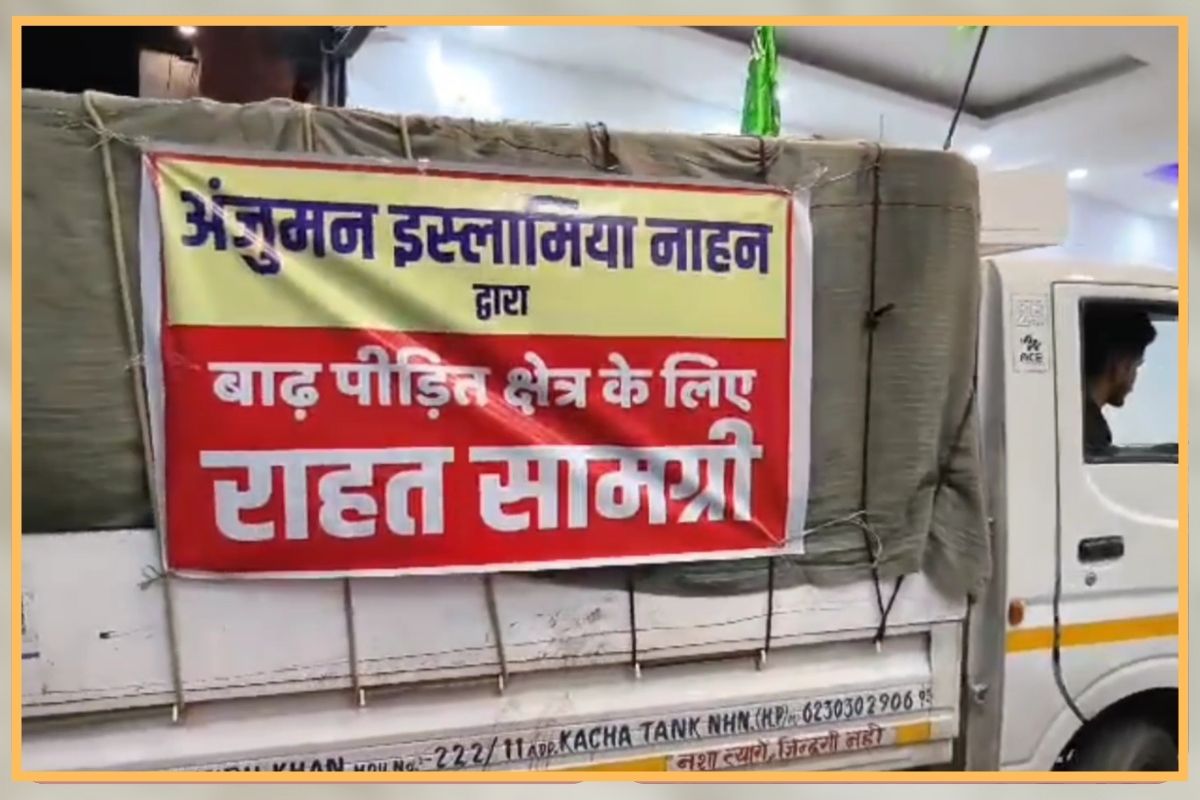
Committee President Bobby Ahmad emphasised that floods do not differentiate between caste, creed, or religion, and neither should compassion. He recalled how Punjab had been a lifeline for decades by feeding the entire nation. According to him, when such a vital state suffers, indifference is not an option. “This is the time to demonstrate that humanity must always rise above divisions,” he stated with conviction, urging citizens across India to extend support in whichever way possible.
The relief trucks were packed thoughtfully, ensuring items like clothes, ration kits, drinking water, and bedding reached where they were needed most. Volunteers also pledged to organise follow-up drives in the coming weeks, viewing this effort not as a one-time event but as a continuous stream of solidarity. Their mission was not only to supply physical necessities but also to ensure families felt seen, cared for, and supported in rebuilding their shattered lives.
Muzaffarnagar Villagers Showcase Humanity and Solidarity
While organised committees play their part, sometimes the most powerful examples of kindness emerge from ordinary people in villages. In the Muzaffarnagar district of Uttar Pradesh, several communities came together in a spirit of service that was both inspiring and humbling. Residents from PurBalian, Sujdu, Wahlna, and Nara, along with neighbouring villages, pooled their resources to provide relief supplies for Punjab flood victims.
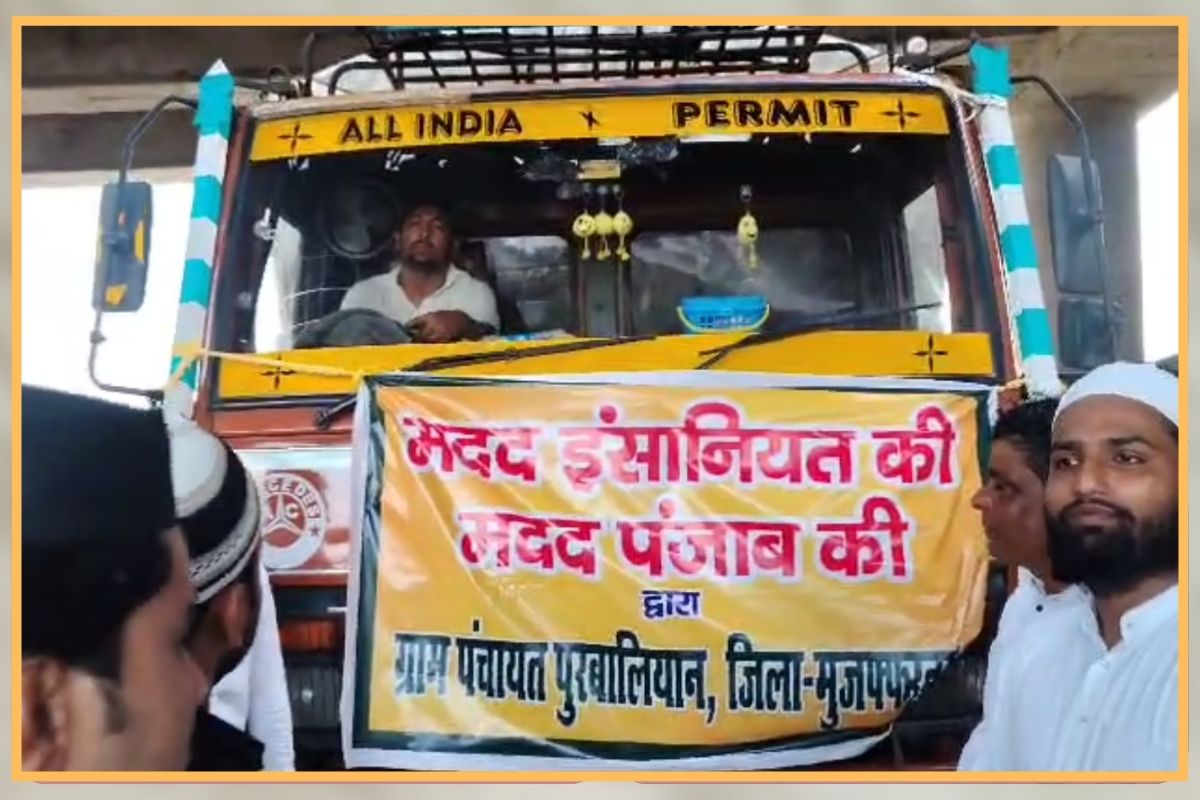
With no desire for publicity, they collected ration packets, water containers, medicines, and household essentials, loaded trucks themselves, and personally ensured delivery to affected zones. Their act highlighted a crucial truth: humanity does not always wait for the state machinery or wealthy benefactors. It flourishes when common citizens decide to turn empathy into action.
Advocate Shibli Qazi, who spearheaded the initiative, underlined Punjab’s historical role as the backbone of India’s food security. He poignantly remarked that the state that once filled the plates of millions now finds itself struggling for basic survival. “Helping Punjab today is not charity; it is a duty,” he said, adding that the collective bond between states becomes stronger only when tested by crises.
Another villager, Haseen Rana, echoed these sentiments, stressing that their contribution was not about magnitude but intent. “We want the people of Punjab to feel we are with them in this hour of distress. Their pain is our pain,” he shared. Such words, coming from the heart of rural Uttar Pradesh, symbolised the deep-rooted philosophy of India, that of shared destinies and collective resilience.
Spirit of Humanity and Unity in Crisis
When we observe the efforts of the Anjumam Islamia Committee in Nahan and the grassroots villagers of Muzaffarnagar together, a powerful narrative of human unity comes to light. Their initiatives demonstrate that calamities, although destructive, can awaken humankind’s noblest instincts. At a time when tragedy grips a region, acts of solidarity dissolve boundaries of faith, caste, and language, reminding us of our shared humanity.
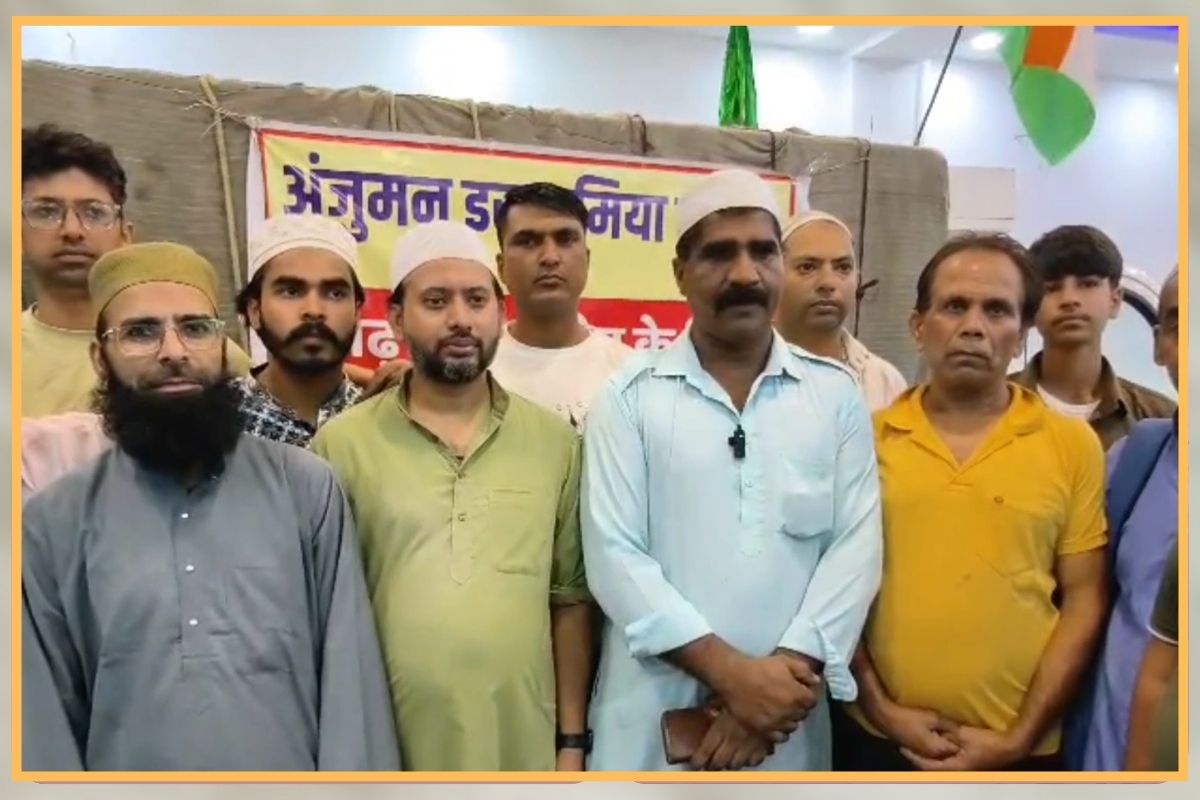
Relief in such moments is not only about filling hungry stomachs or providing shelter. It is also about instilling hope, the reassurance that no matter how severe the calamity, no one will be abandoned. Survivors, often traumatised by loss, draw immense strength from the knowledge that people from hundreds of miles away stand by them, ready to share their burdens.
India’s diversity often brings challenges in governance, but in times like these, it transforms into its greatest strength. The coming together of Muslims from Himachal Pradesh, Hindus and Muslims from Uttar Pradesh, and countless unnamed citizens from across India embodies the ancient ideal of “Vasudhaiva Kutumbakam,” the belief that the world is one family. The material relief may sustain victims for days, but the emotional support can empower them for years to rebuild their lives with dignity and courage.
The Road Ahead: Lessons from Compassion
This tragedy also brings forward lessons that India must embrace. First is the power of collective citizen action: whether it is a committee or a village community, when individuals take ownership of humanitarian crises, the impact multiplies manifold. Second, the importance of empathy that surpasses narrow identities. The volunteers did not identify themselves first as Muslims, Hindus, or villagers; they identified themselves as human beings responding to human suffering. This consciousness, if nurtured, has the potential to transform society beyond disasters.
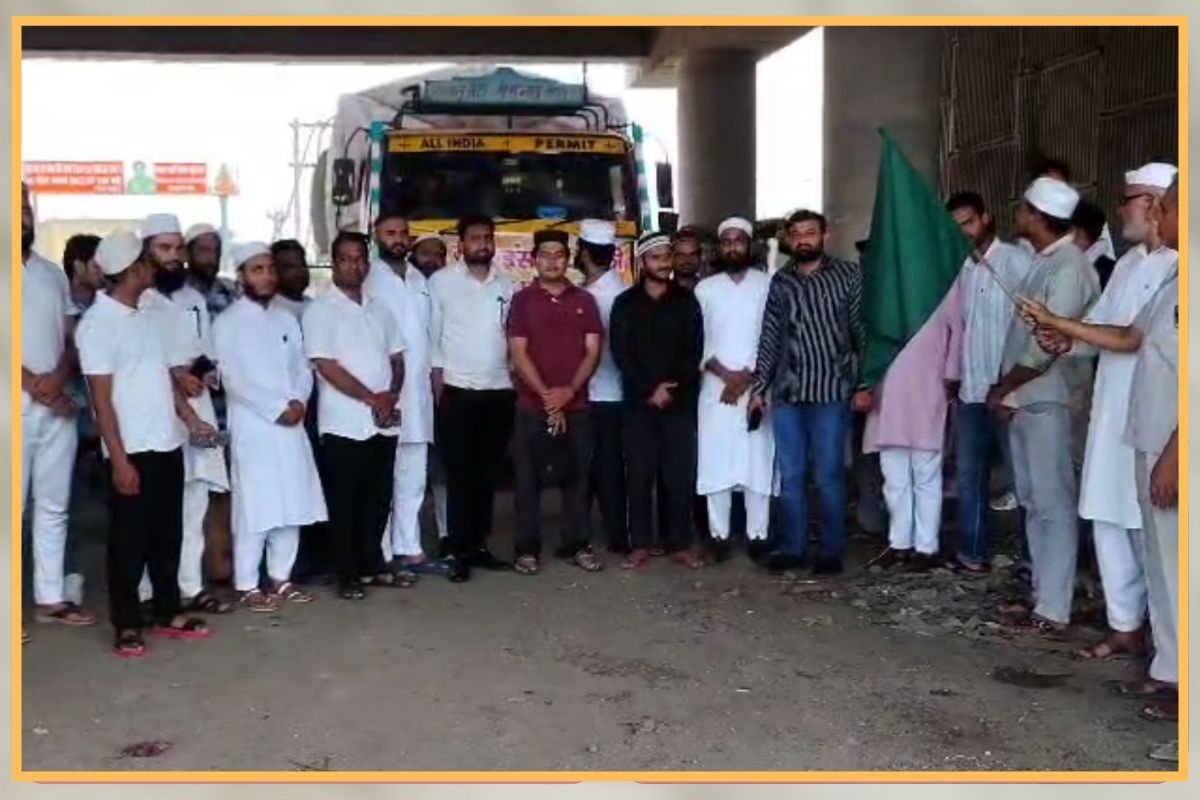
As Punjab continues its battle to restore life and livelihood, continuous relief and rehabilitation will be needed. Civil society groups, local communities, and individuals working in collaboration with governments can create a safety net stronger and wider than any formal system alone. What has begun as a compassionate response must evolve into long-term support for farmers, workers, and families to regain their stability.
Hope Rising from the Floodwaters
Every parcel of food sent, every blanket delivered, and every truck driven carries within it a piece of hope, the assurance that even in devastation, humanity prevails. Punjab, the land that has stood tall in feeding India, now sees its people receiving care from corners it may have never expected. These gestures do more than meet immediate needs; they stitch a narrative of resilience and remind us that adversity, however grave, cannot extinguish the candle of compassion.
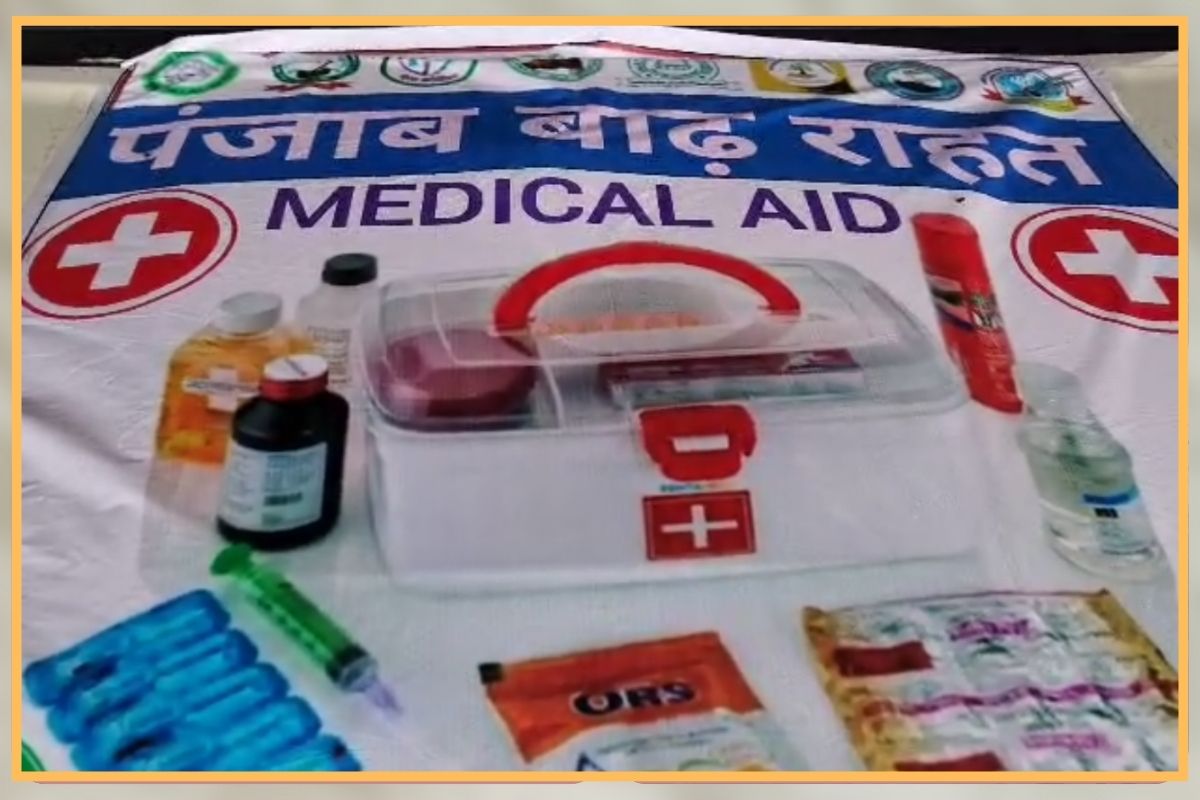
The people of Punjab will rise again, and this rise will not be solitary. It will be powered by the countless hands extended in support, from Nahan to Muzaffarnagar and beyond. It will be remembered as the moment when India’s strength was not measured in wealth or infrastructure, but in the infinite capacity of its people to care, console, and rebuild together.
Also Read: Kashmiri Families Are Keeping the 300-Year Tradition of Waguv Alive
You can connect with DNN24 on Facebook, Twitter, and Instagram and subscribe to our YouTube channel.

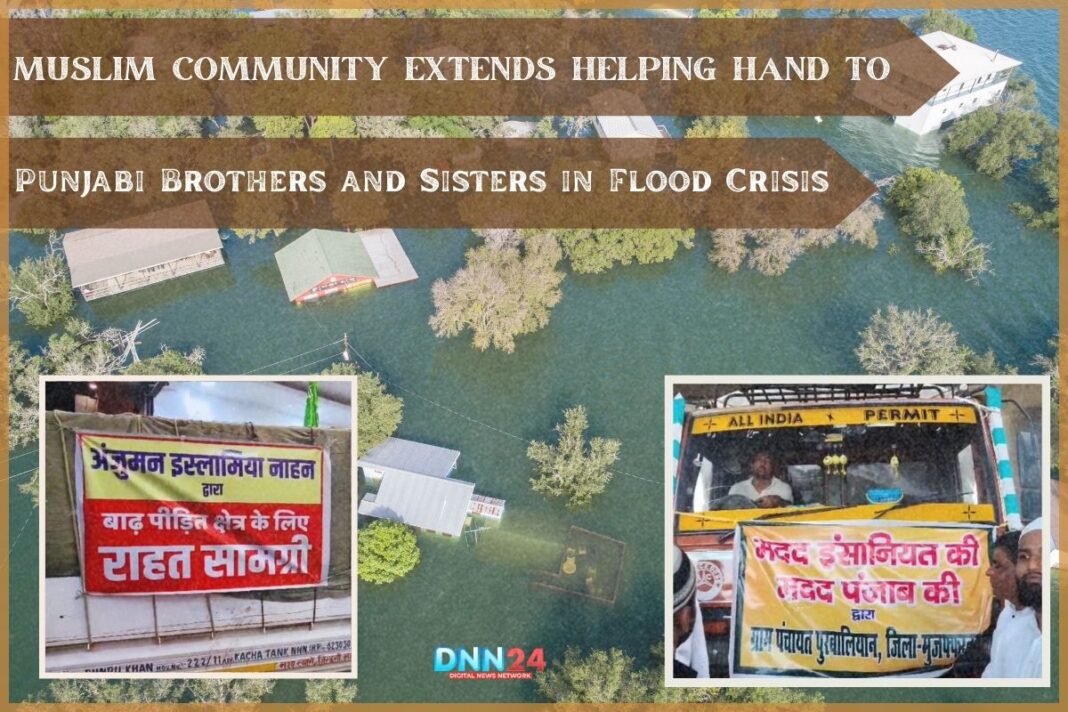
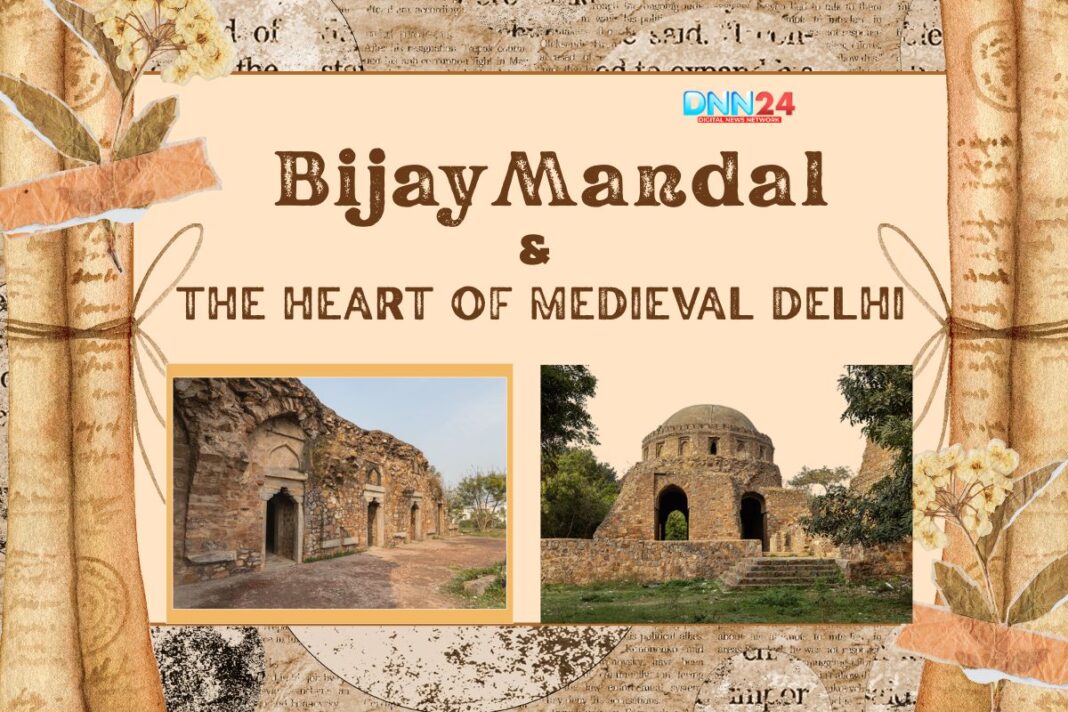
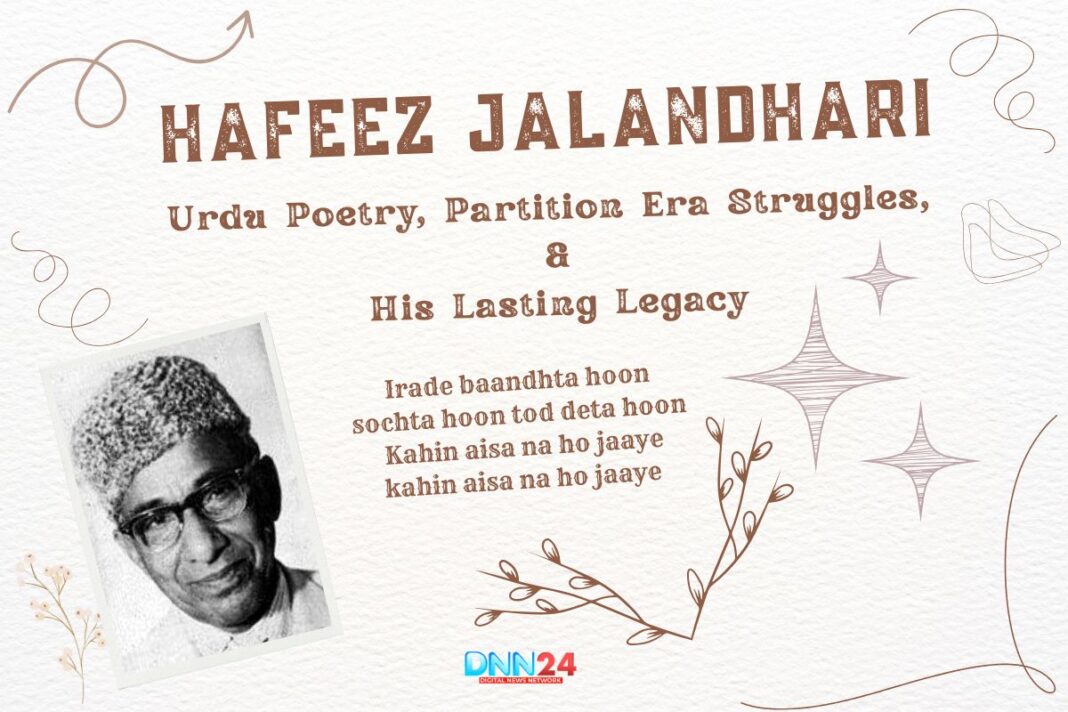
Dear Sir / Madam,
Following the recent Ditwa storm, several families have been severely affected by flooding. Many of these victims have lost their belongings, including their Holy Qurans, and currently have none to recite.
We kindly request your support in providing Holy Qurans as gifts to these affected families. This would be a great source of spiritual comfort and strength during this difficult time.
If your organization is able to assist, please let me know. I will be happy to coordinate the distribution and provide any further details required.
Thank you for your kind consideration.
Yours faithfully,
H. M. Sakkaff